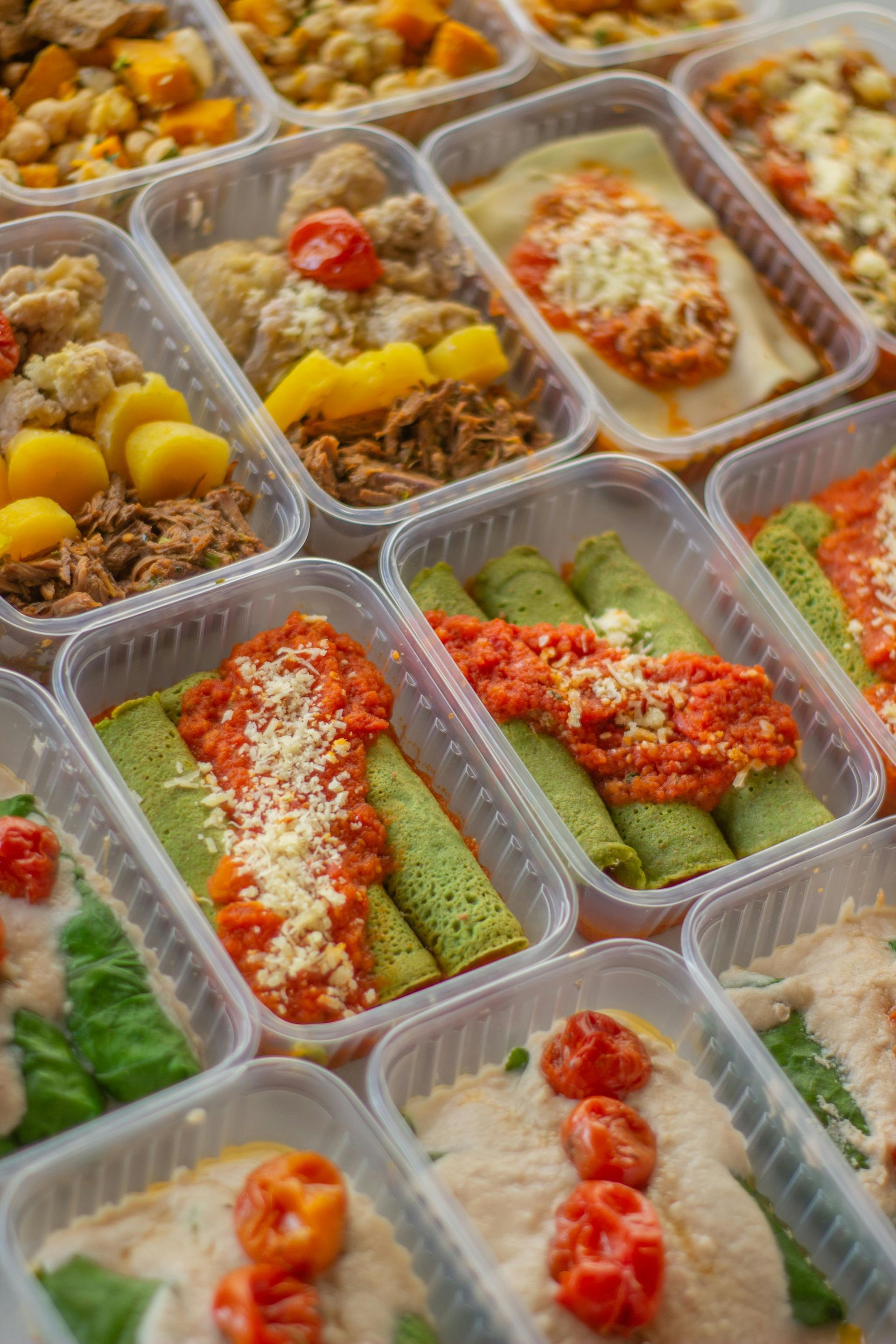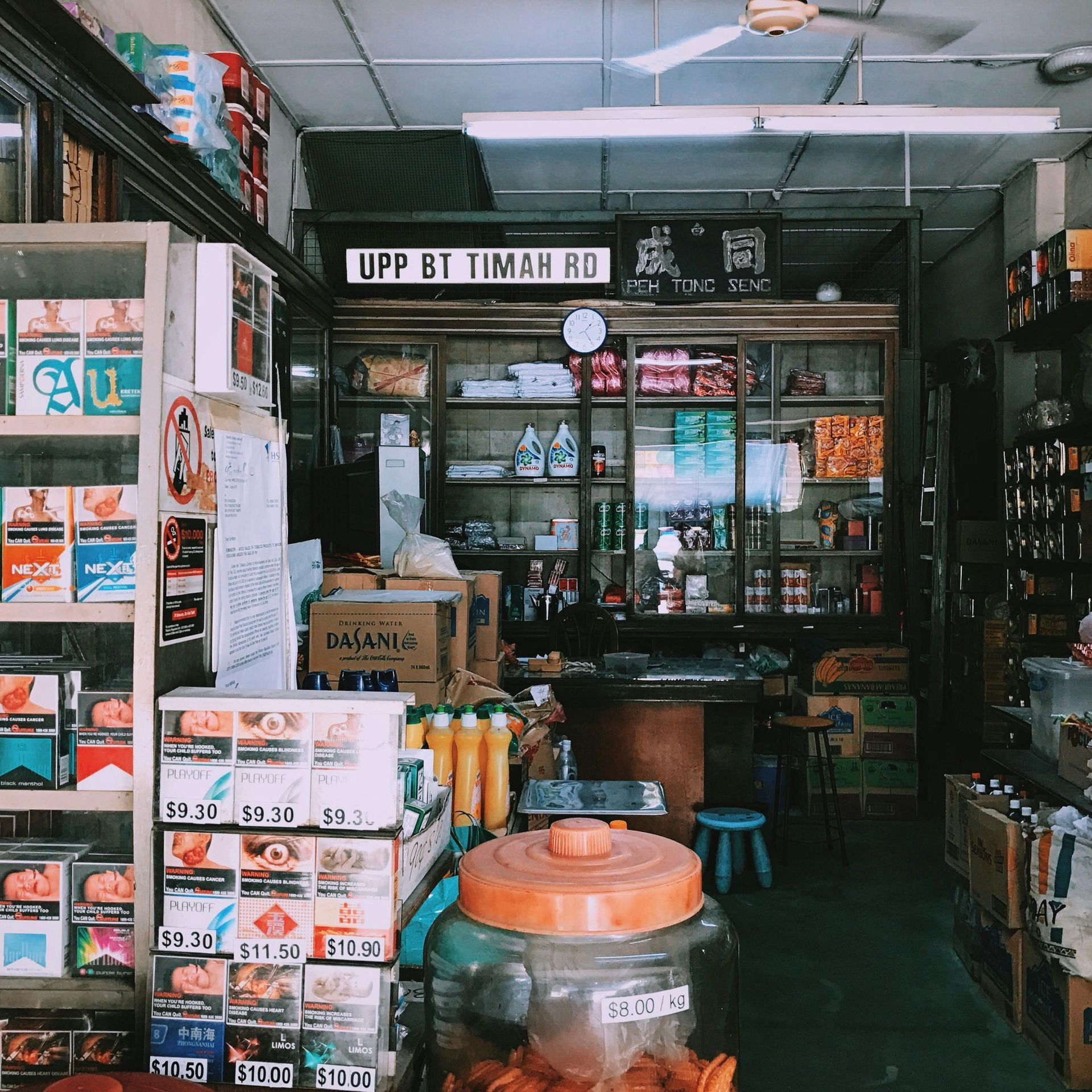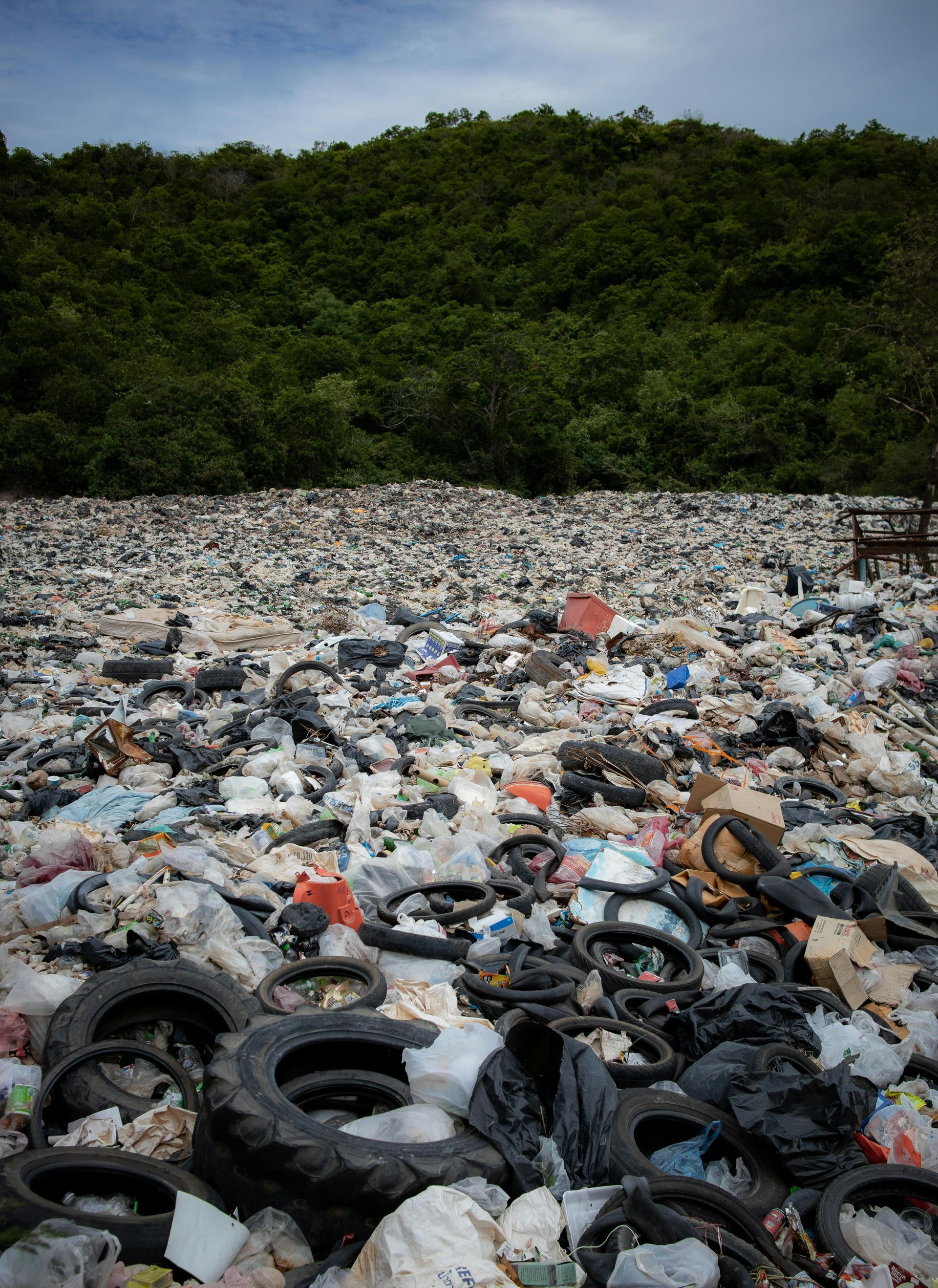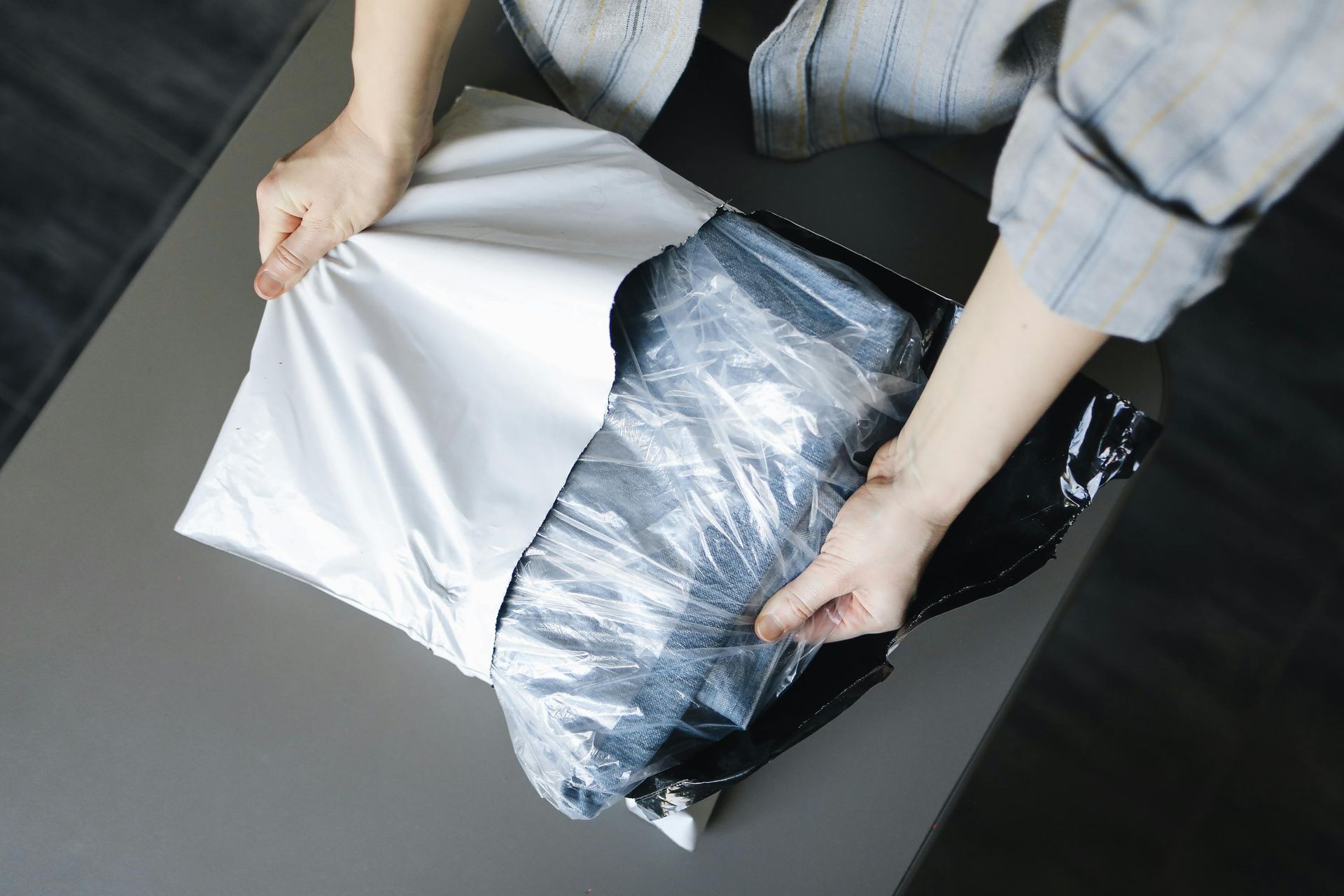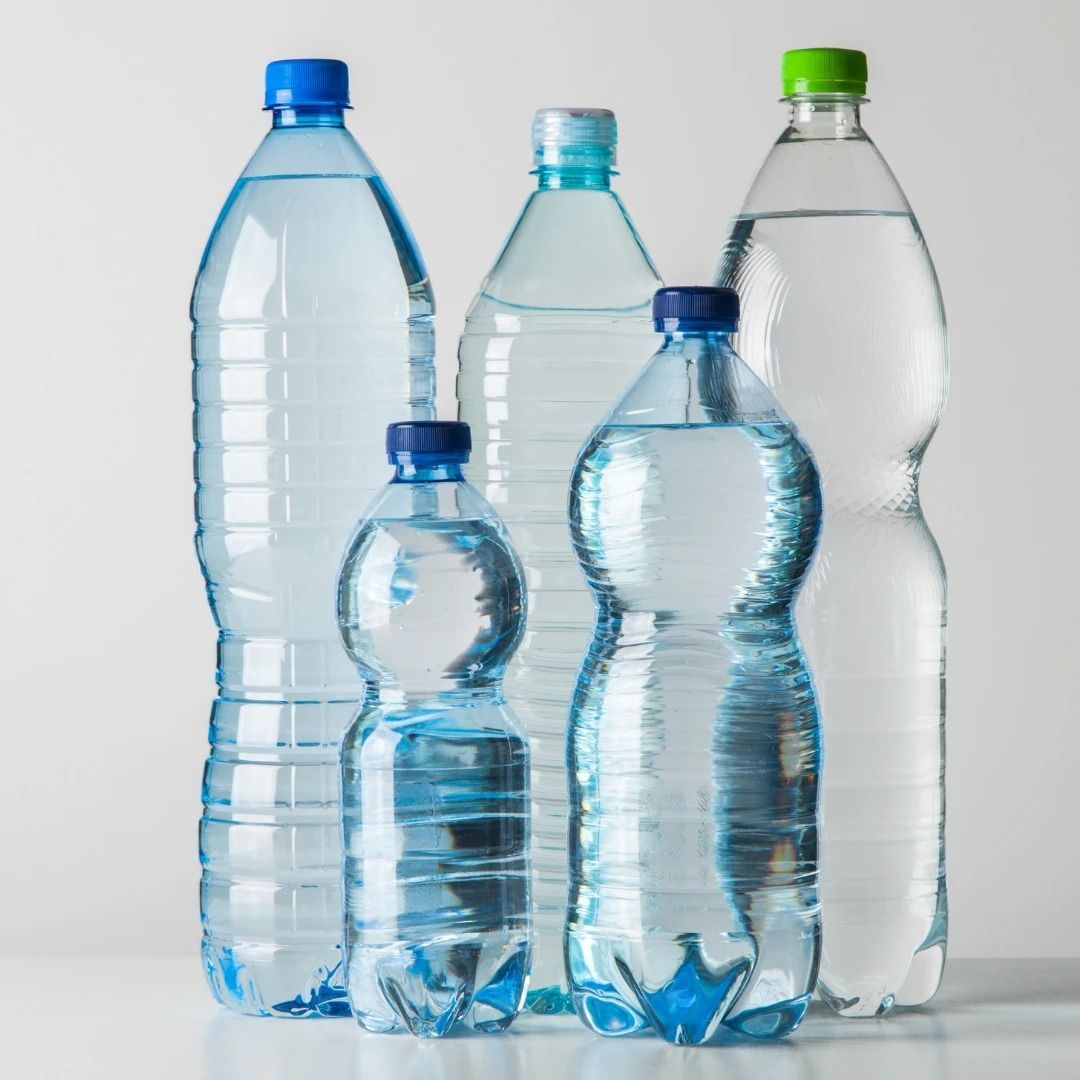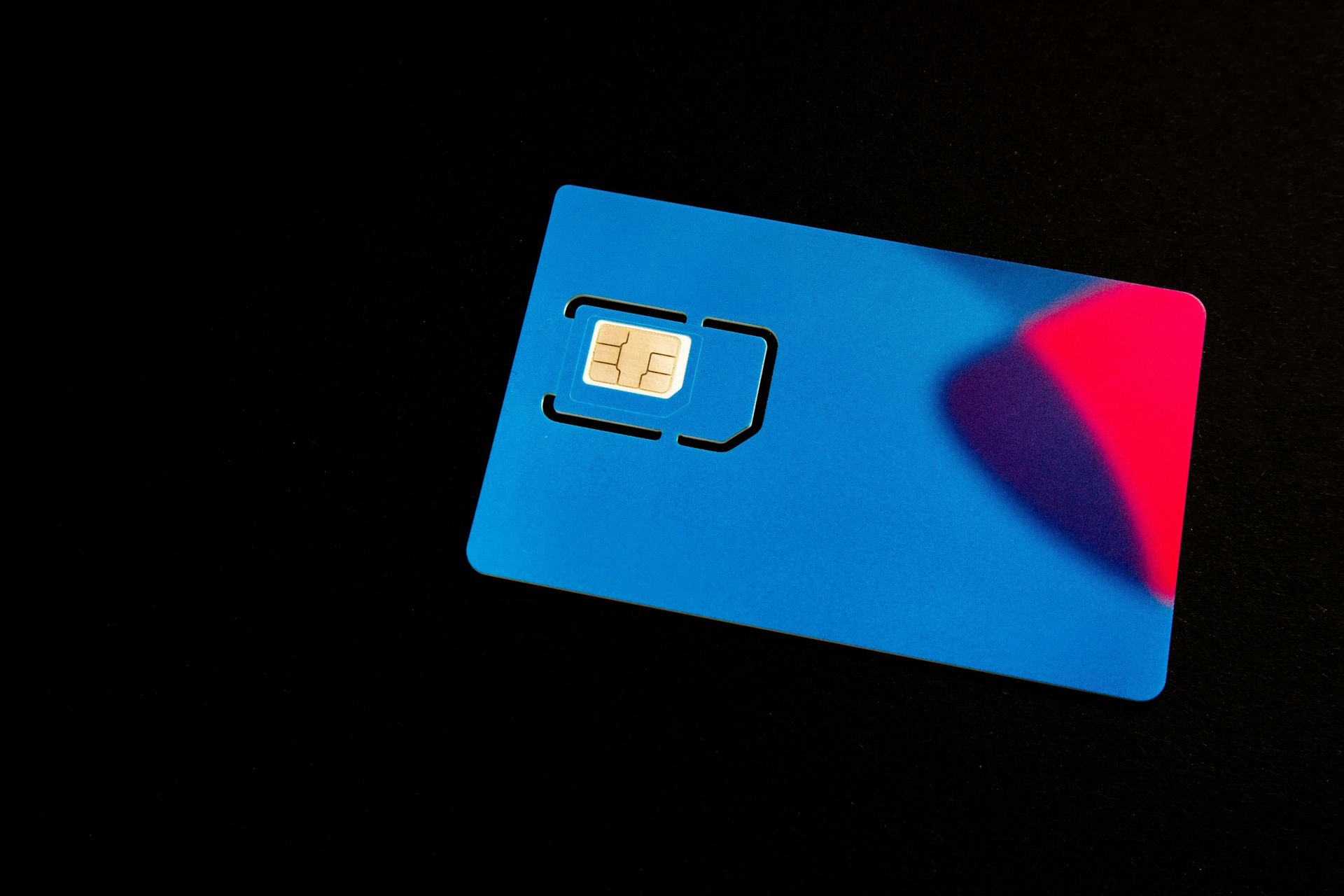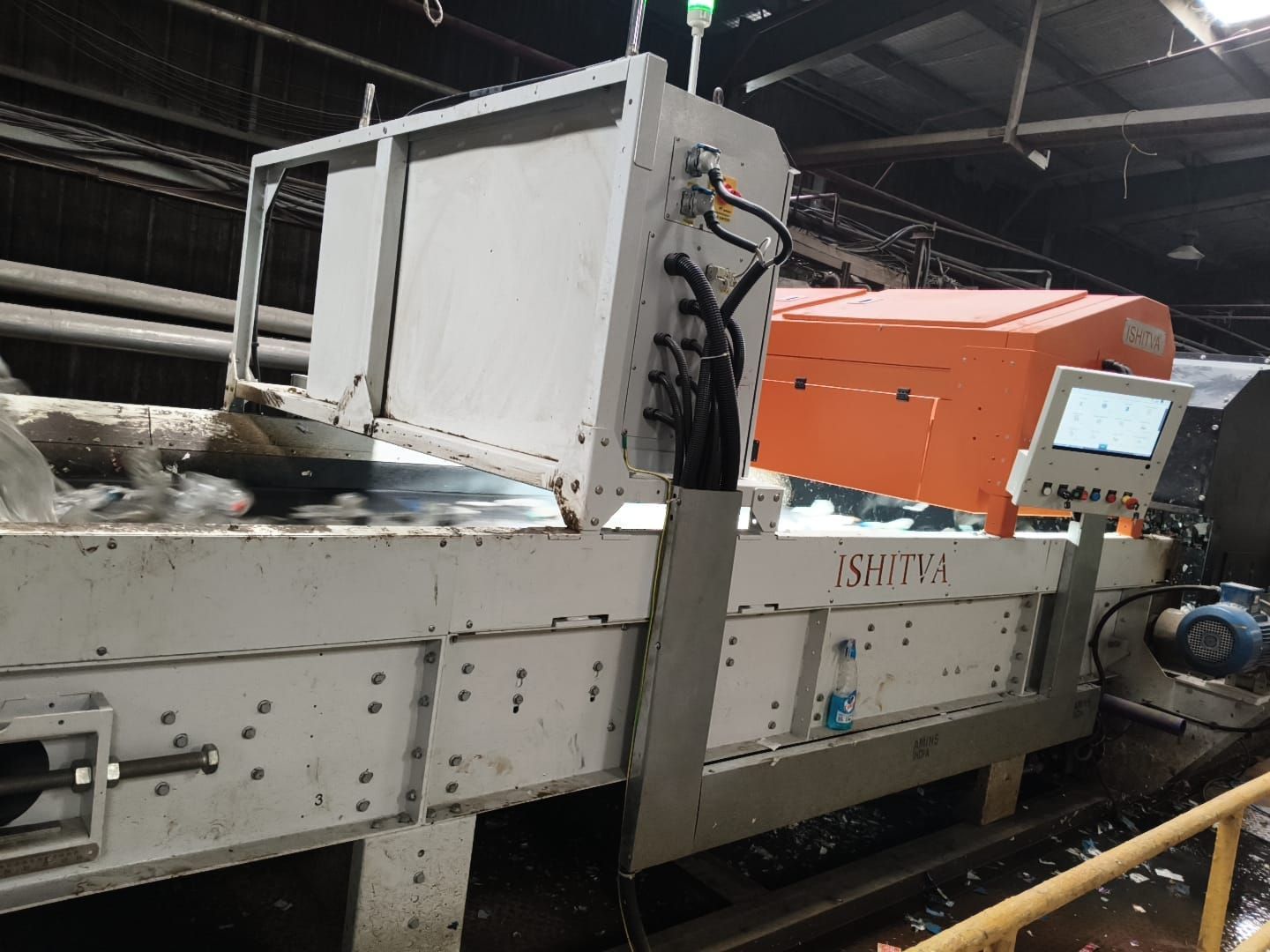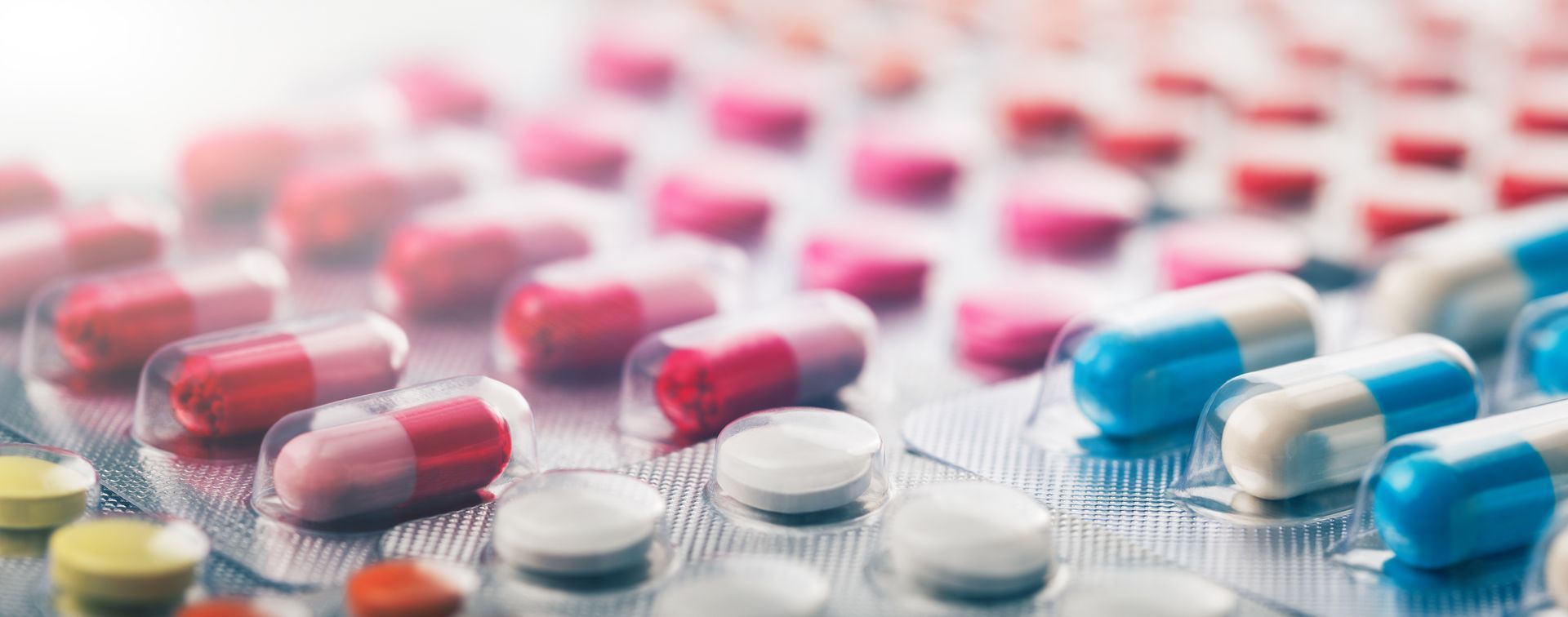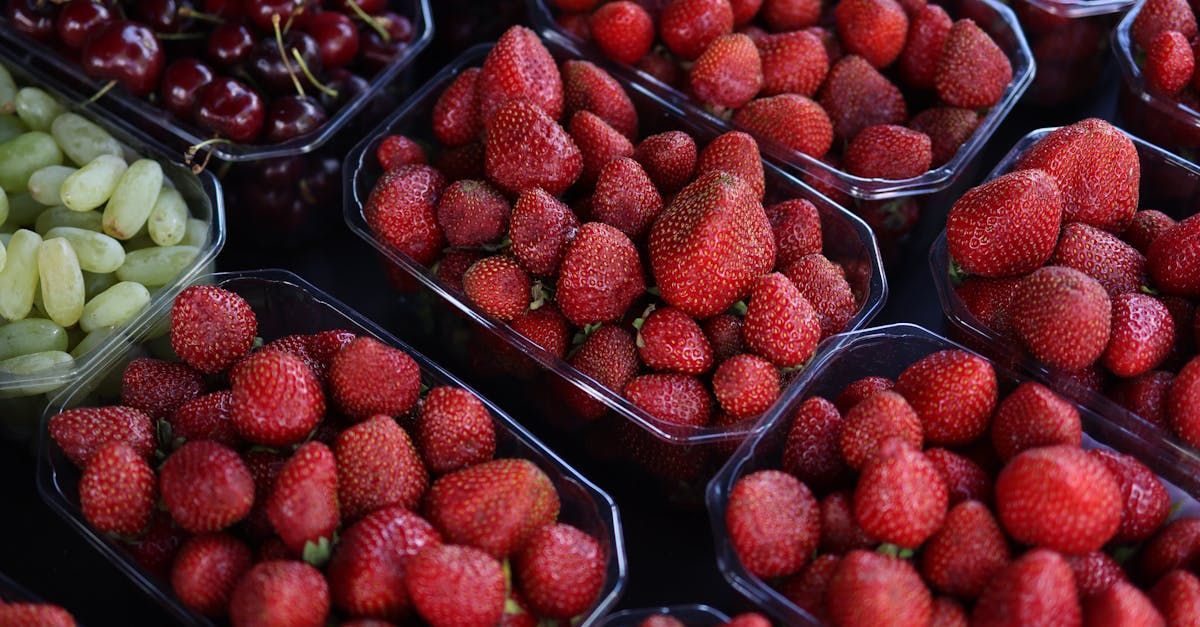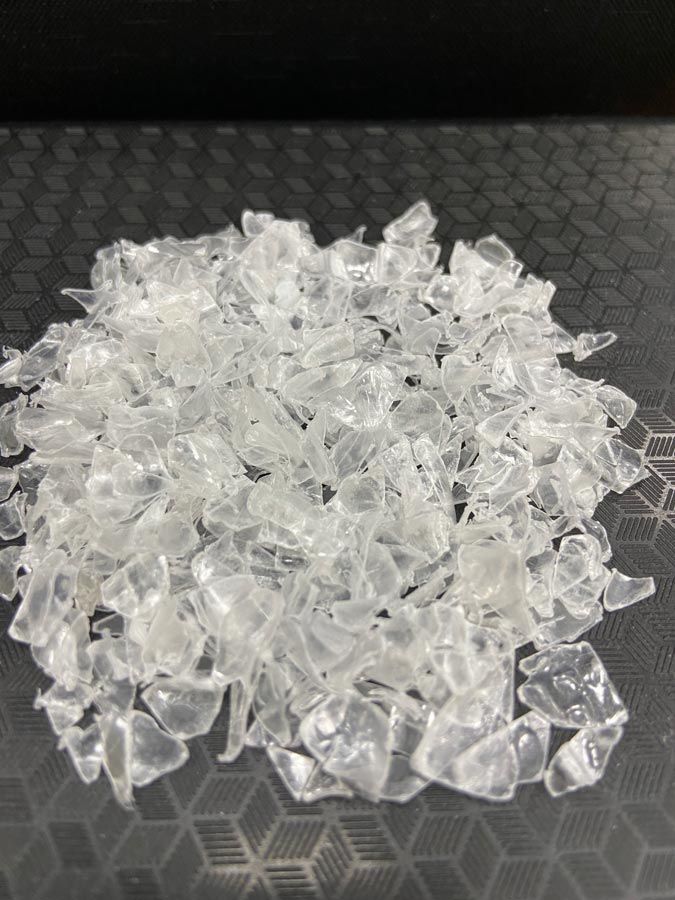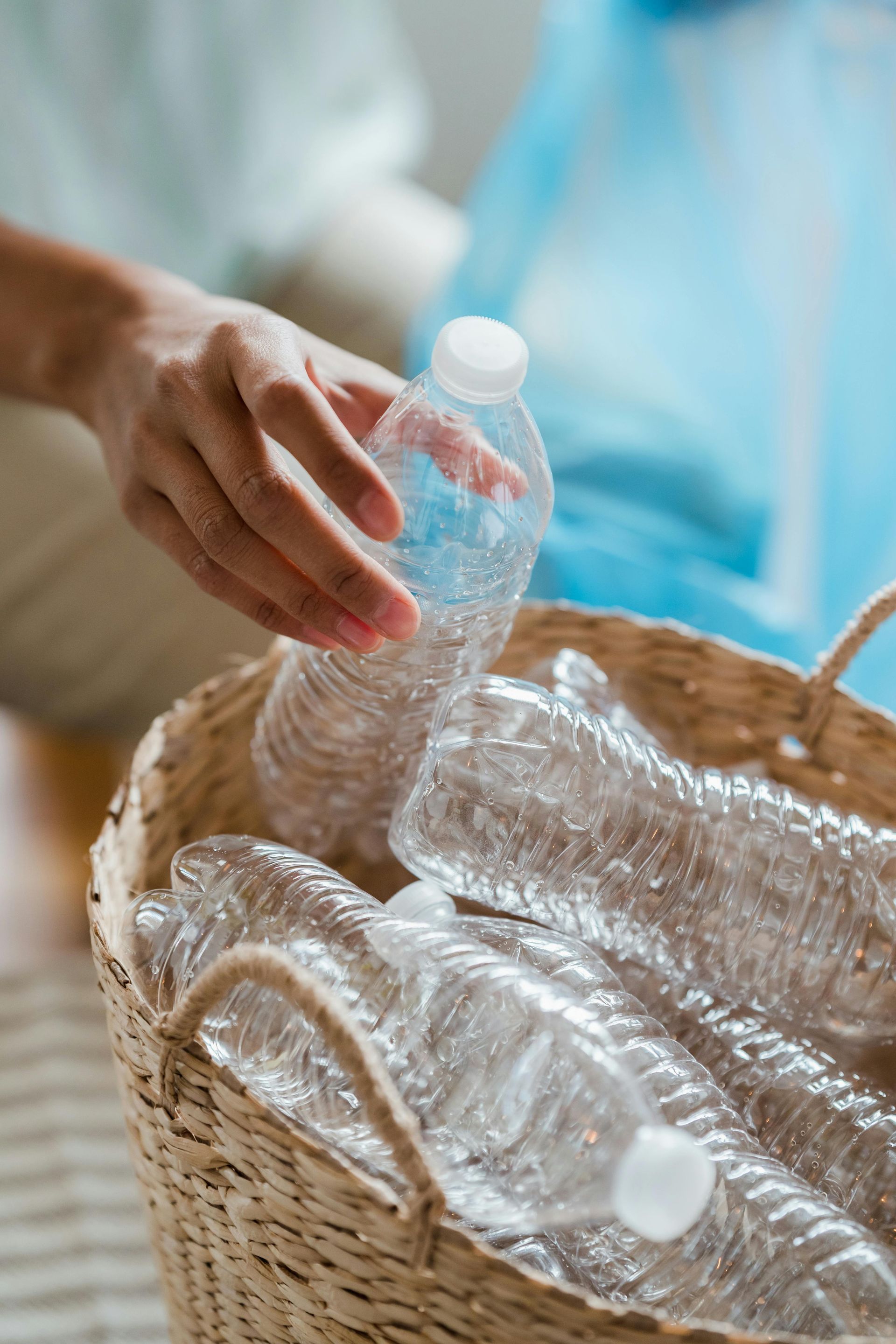Plastic waste has become one of the most pressing environmental challenges of our time.

With packaging accounting for 36% of global plastic production, transitioning to recycled plastic packaging offers a practical and impactful solution. This blog explores the benefits of using recycled plastic in packaging and how it contributes to sustainability efforts.
Why Plastic is Dominant in Packaging
Plastic is widely used in packaging due to its durability, lightweight nature, and adaptability. It protects products under challenging conditions, reduces transportation costs, and can be molded into various forms—from bottles to containers. However, its environmental burden necessitates innovative approaches like recycling to mitigate waste accumulation.
Benefits of Using Recycled Plastic in Packaging
1
Reduced Reliance on Fossil Fuels
Recycled plastics significantly reduce the need for virgin materials derived from fossil fuels. Recycling one ton of plastic saves approximately 16.3 barrels of oil, contributing to the transition toward renewable energy sources.
2
Energy Efficiency
Manufacturing recycled plastic consumes up to 88% less energy compared to producing new plastics. For PET plastics alone, recycling saves 83% of energy used in virgin production. This energy efficiency reduces greenhouse gas emissions and supports climate change mitigation efforts.
3
Waste Reduction
Recycled plastic prevents waste from entering landfills and oceans, addressing pollution and protecting ecosystems. By giving post-consumer materials a second life, businesses contribute to the circular economy—a model focused on resource reutilization.
Benefits of Using Recycled Plastic in Packaging
4
Cost Savings
Recycled plastics significantly reduce the need for virgin materials derived from fossil fuels. Recycling one ton of plastic saves approximately 16.3 barrels of oil, contributing to the transition toward renewable energy sources.
5
Brand Loyalty and Consumer Appeal
Sustainability is increasingly important to consumers. Brands using recycled plastic can attract eco-conscious customers willing to pay a premium for environmentally friendly products. This approach also creates marketing opportunities and enhances corporate social responsibility profiles.
Challenges and Future Opportunities
Despite its benefits, recycled plastic faces challenges such as limited recycling infrastructure and quality variability. However, advancements like chemical recycling are improving material integrity, making recycled plastics suitable for high-demand applications. Governments worldwide are also implementing regulations to encourage businesses to adopt sustainable practices.
Conclusion: A Sustainable Solution
Using recycled plastic in packaging is a win-win solution for businesses, consumers, and the planet. It reduces environmental impact, conserves resources, and aligns with global sustainability goals. As technology advances and consumer demand grows, recycled plastic packaging is poised to become the norm—ushering in a cleaner and greener future.
